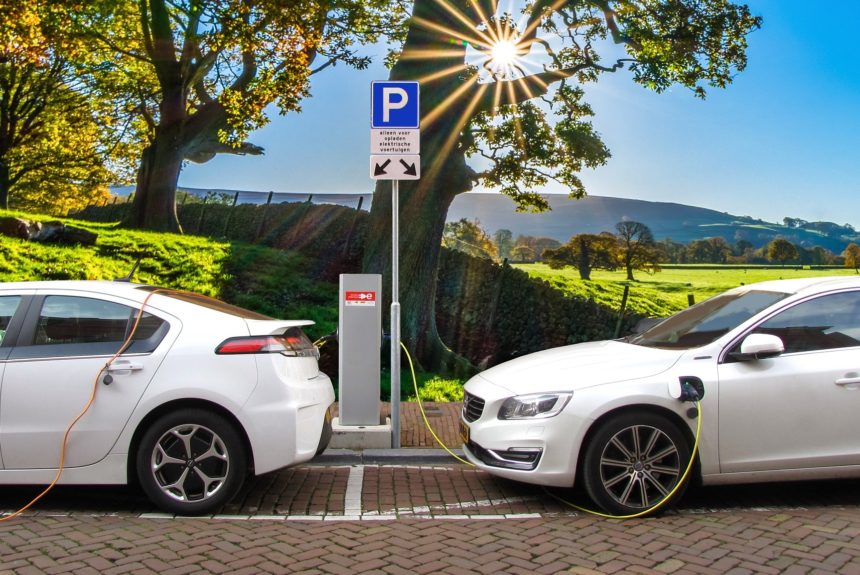Katie Tubb and Rachel Greszler write in The Daily Signal on how proposed electric vehicle tax credits benefit unions and wealthy individuals, not the environment.
online pharmacy buy amaryl no insurance with best prices today in the USA

- Electric vehicle tax credits are paid for by middle and lower class taxpayers and overwhelmingly favor wealthy consumers who can already afford an EV.
- Some of the tax credits proposed would increase government oversight and regulations, driving up costs on taxpayers and stifling investments in innovation.
- Instead of relying on subsidies that distort market values, we should look to free markets and the innovation of the private sector to lower costs for consumers.
“Of the estimated $7.5 billion in electric vehicle credits to be claimed between 2018 and 2022, corporations will take about half. Of the other half claimed by individual Americans, 78% will go to people making over $100,000 per year.”
online pharmacy buy phenergan with best prices today in the USA
online pharmacy cipro with best prices today in the USA
Read the full article here.
The views and opinions expressed are those of the author’s and do not necessarily reflect the official policy or position of C3.
